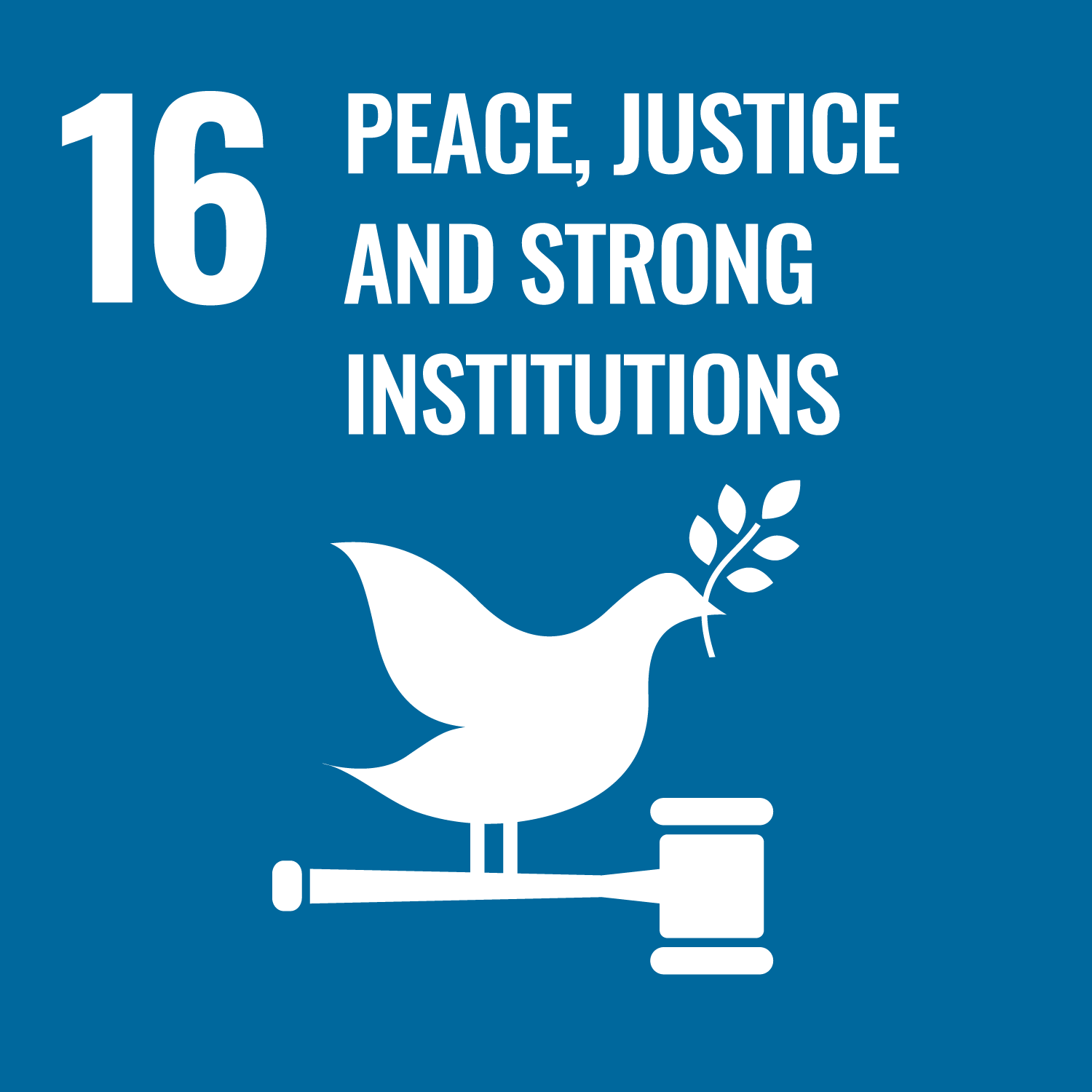This study outlines the results from the Franklin & Marshall Global Barometers on Gay and Transgender Rights. The study used the barometers to assess the extent to which 197 countries were upholding the human rights of SOGI individuals between 2011 and 2017. The barometers measure the extent to which states and societies protect the human rights of SOGI minorities. The research report states that the barometers were established using the principles in the Universal Declaration of Human Rights, the original Yogyakarta Principles and the latter Yogyakarta Principles Plus 10.
The Franklin & Marshall Barometers rank countries on a scale of A (protecting) to F (persecuting). The Barometers each contain five domains: De Jure protections, De Facto protections, LGBT rights advocacy, Socio-economic rights and Societal persecution. The study highlights a series of results from the study under each domain, including death penalty for sexual orientation; legality of same-sex marriage; ability of LGBT pride events to take place; acts of violence against sexual and gender minorities; and ability of same-sex couples to adopt, among other indicators.
The study found that the majority of countries studied persecuted SOGI individuals.The study also found slightly less persecution of sexual minorities than gender identity minorities, however, the difference was not significant. The report highlights that in 2017 69% of countries received an F on the Global Barometer of Gay Rights and 76% of countries received an F on the Global Barometer of Transgender Rights. The study also highlights the most and least persecuting countries and regions and outlines global trends on the protection of gay and transgender rights.








